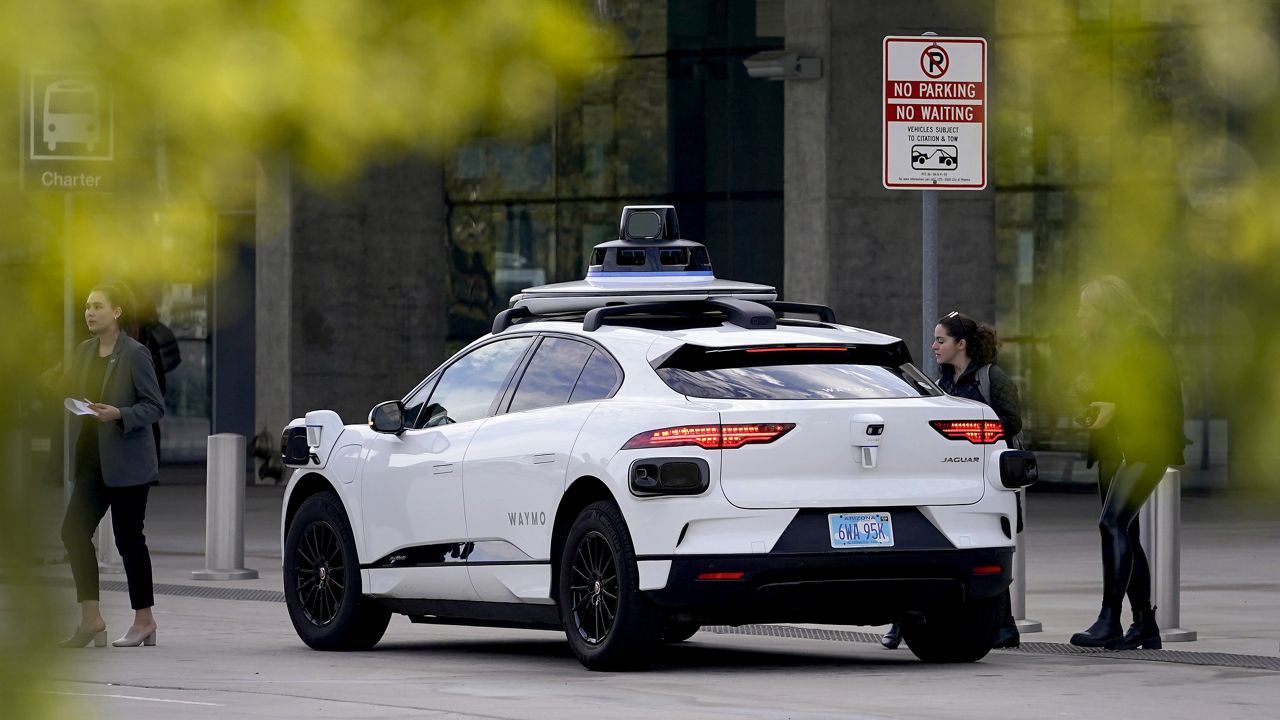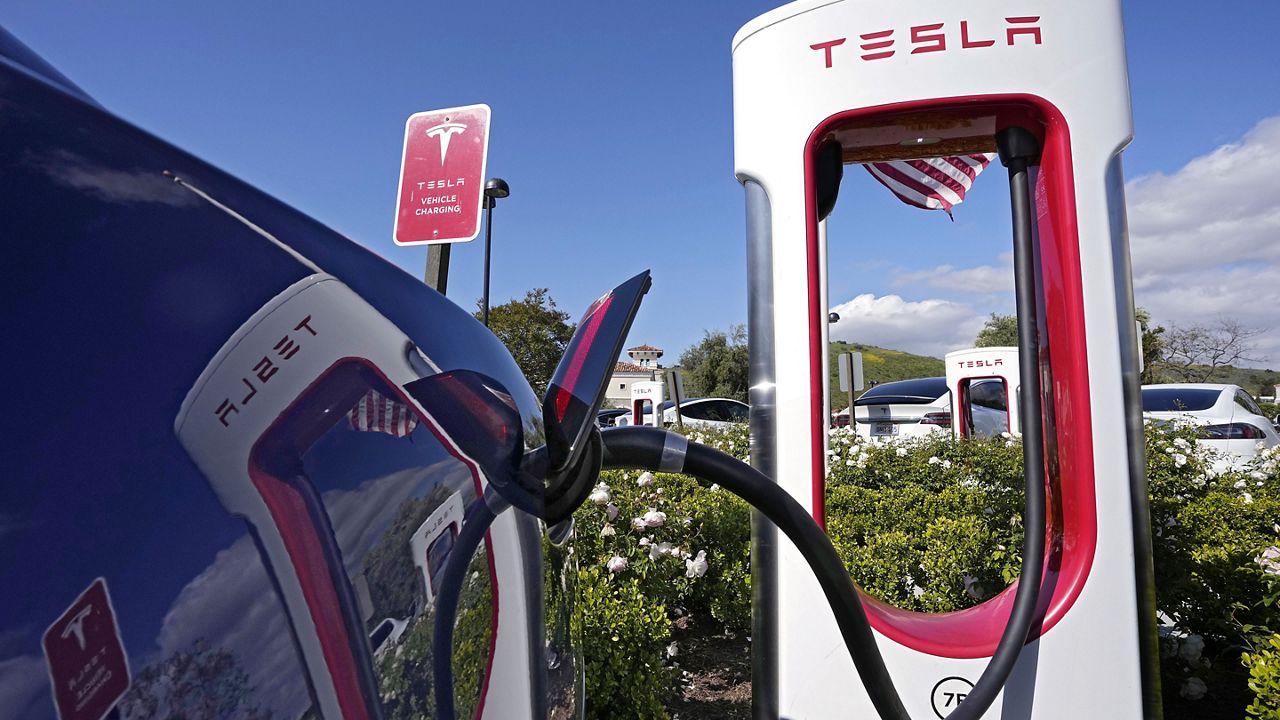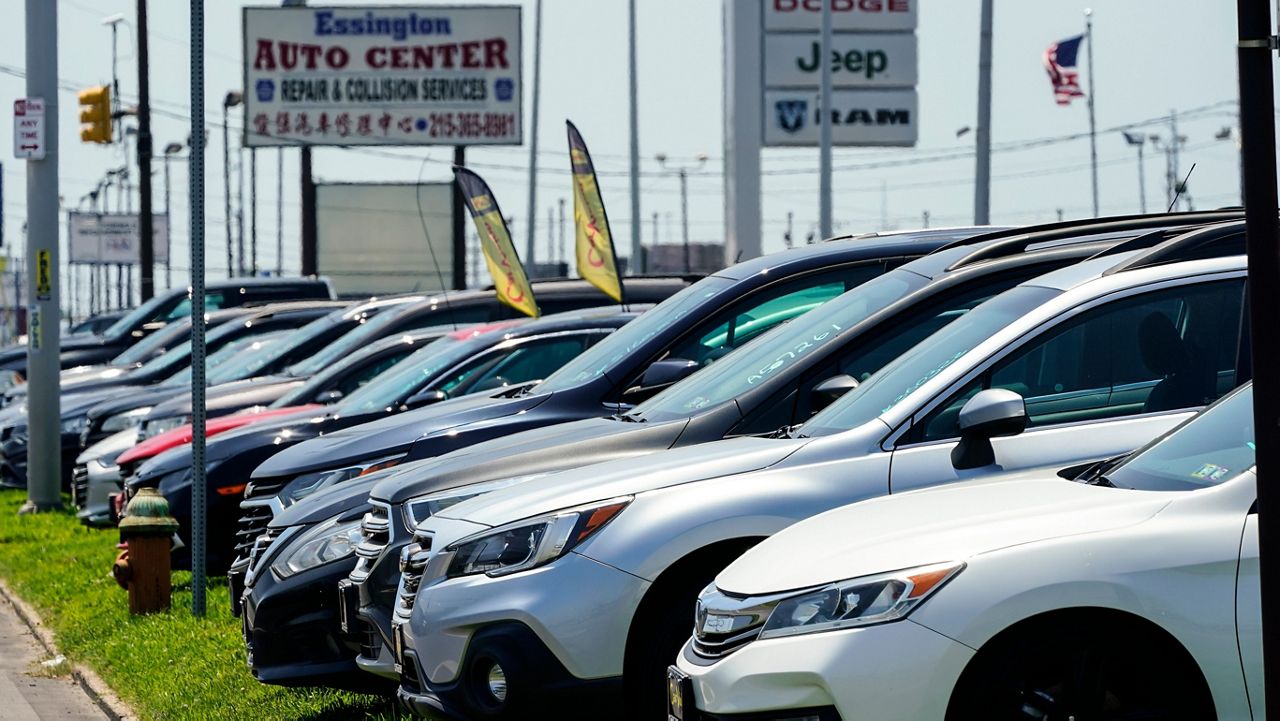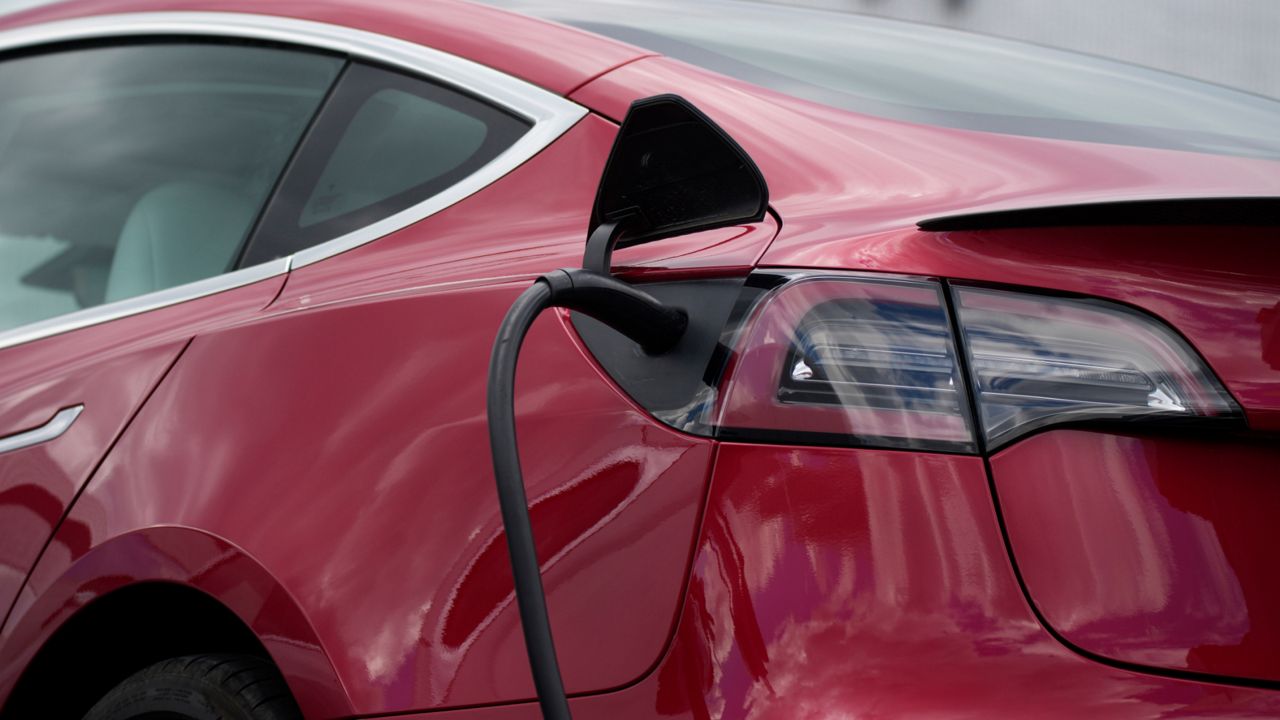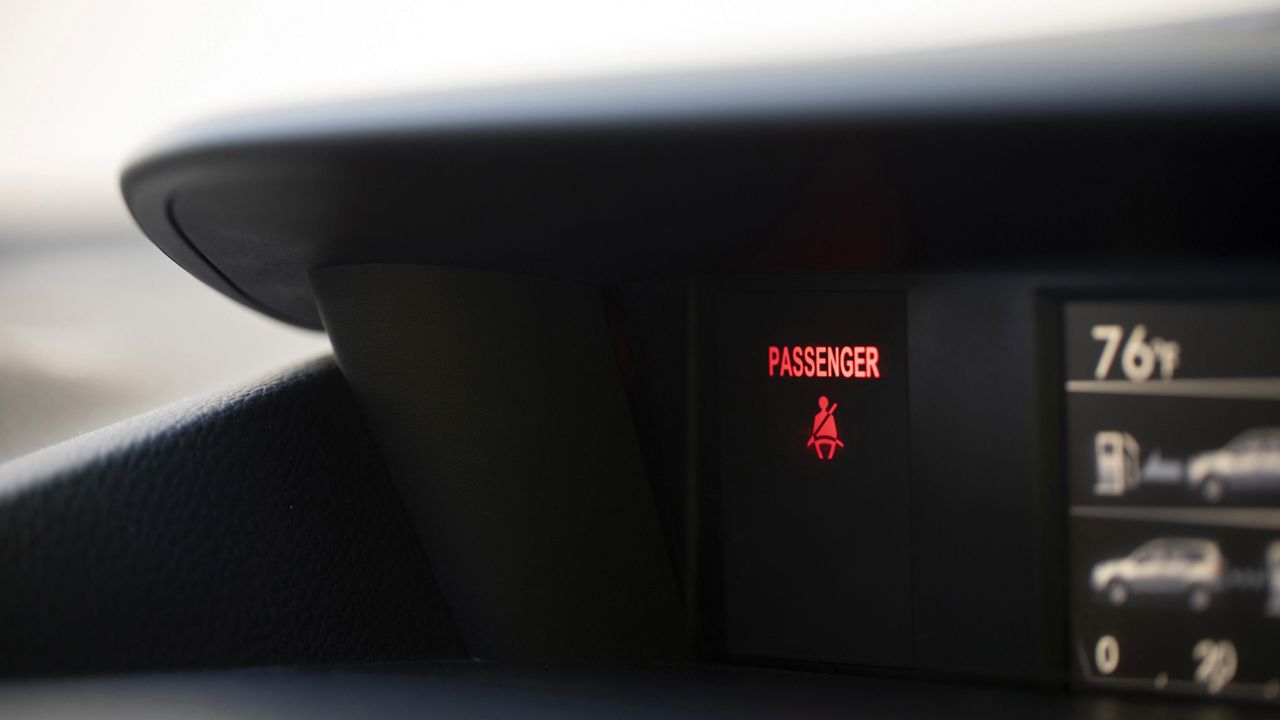Lawmakers on the House Energy and Commerce Committee met Wednesday to consider a pair of bills that would regulate autonomous vehicles in the United States for the first time.
Federal legislation to regulate self-driving cars has been stalled since 2017, when the U.S. House of Representatives unanimously approved the SELF DRIVE (Safely Ensuring Lives Future Deployment and Research In Vehicle Evolution) Act to support the safe development and deployment of AVs only for the bill to die in the Senate.
Self-driving vehicles are currently governed by a patchwork of laws in the 30 states that allow them to be tested or deployed on public roads. Eighty companies are currently testing autonomous vehicles in the U.S.
The last time Congress held a hearing on AV legislation was more than three years ago.
“The U.S. is currently at risk of ceding leadership to China,” House Energy and Commerce Committee Chair Cathy McMorris Rodgers, R-Wash., said during Wednesday’s hearing. “China is currently moving forward with ambitious plans to lead development and deployment of this technology. We all know that we cannot trust the Chinese Comunist Party to set standards for this industry, and we certainly cannot trust them to protect our data and our individual rights.”
Seven Chinese companies are currently testing AVs in the U.S.; China, however, does not allow American companies to test AVs on their roads.
“Standards and a regulatory framework must be led by the United States of America,” McMorris Rodgers said. “The goal today is to make sure that America continues to lead in the auto sector for the next 100 years and beyond. Self-driving cars are a part of that.”
Like many of the lawmakers and witnesses who testified at Wednesday's hearing, Rodgers praised self-driving cars for their potential to reduce traffic deaths and improve the mobility of senior citizens and those living with disabilities while also creating thousands of American jobs.
One of the proposed AV bill's authors, Rep. Bob Latta, R-Ohio, said Congress must act to adopt regulations that pave the way for American innovation and global leadership.
“I’ve been disappointed in the lack of bipartisan action by some on AVs,” he said. “Finding a solution is essential."
Rep. Frank Pallone, D-N.J., said regulations must align with the "fundamental American values of safety, equity and workforce protections." While 90% of traffic crashes are the result of human error, cars that drive themselves will not be able to save lives if they do not adhere to state and local traffic laws, he said.
He also said regulations must ensure AVs are accessible for Americans for disabilities and do not displace jobs. He nevertheless pledged to work with his colleagues “to find a bipartisan path that promotes the safe, responsible deployment of AVs. I hope the Republican majority will allow their bipartisan process to move forward and to bear fruit because a partisan approach stands no chance at ever becoming law.”
The two legislative proposals were authored by one Democrat and one Republican who have pledged to work together to come up with a bipartisan solution.
Rep. Debbie Dingell, D-Mich., who authored the SELF DRIVE Act the House unanimously approved in 2017 and has been working for more than a year to update it and address the concerns of all stakeholders, said that “Congress must pass a comprehensive bipartisan federal AV framework” this year.
“We are going to get a compromise if it kills us to get this bill done," she added.
Wednesday’s hearing included testimony from the Alliance for Automotive Innovation that represents the majority of automakers doing business in the United States, Carnegie Mellon University Associate Professor and autonomous vehicle expert Dr. Philip Koopman, the Consumer Technology Association and the National Federation of the Blind.
Representatives for all four groups committed in their testimony to working with Congress to compromise and collectively overcome the obstacles of previous AV legislation to craft a bipartisan bill that can pass.
All four witnesses agreed that AVs have the potential to dramatically improve traffic safety and mobility for seniors and people with disabilities while acknowledging the technology is still a work in progress.
“We still need a lot more work on reliability and safety,” Dr. Koopman said, adding that there are currently “significant incentives for companies to cut corners on safety.”
He encouraged lawmakers to require manufacturer transparency about crash data and incidents and hold them accountable for the safety issues caused by computer-driven cars. He also encouraged the government to find ways to incentivize companies to be more reliable and safe in order to win public trust. For years, 85% of the American public has said they are fearful or unsure of self-driving technology, according to AAA surveys.
“We’re at a crossroads,” Consumer Technology Association President Gary Shapiro said. “Without a comprehensive AV policy framework, companies are not going to be able to succeed in the way they need to. Companies need to be allowed to safely scale to provide these benefits so NHTSA has the data they need to make sure motor vehicle standards are modernized. If we don’t do that, our competitors and other nations will seize this opportunity.”




